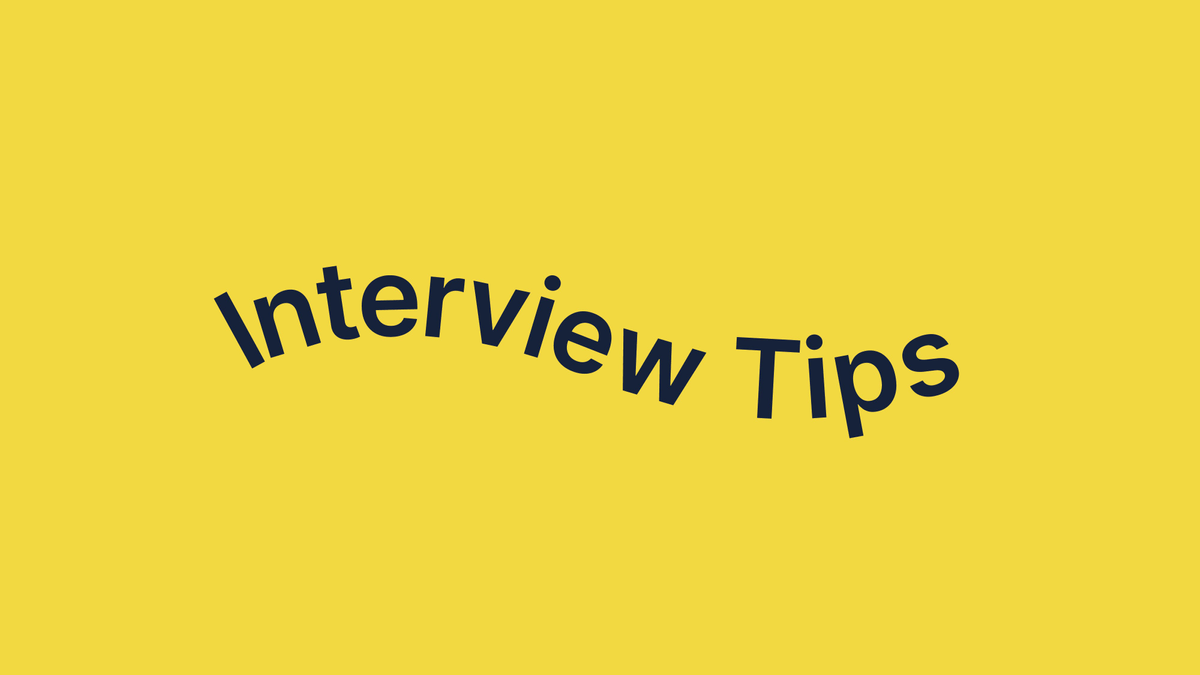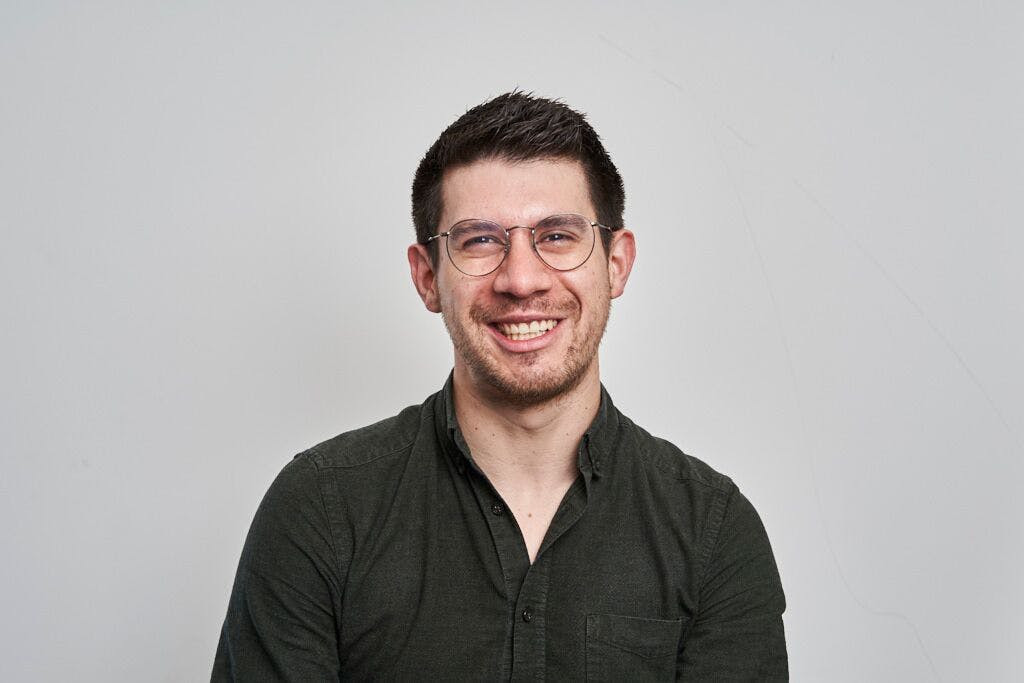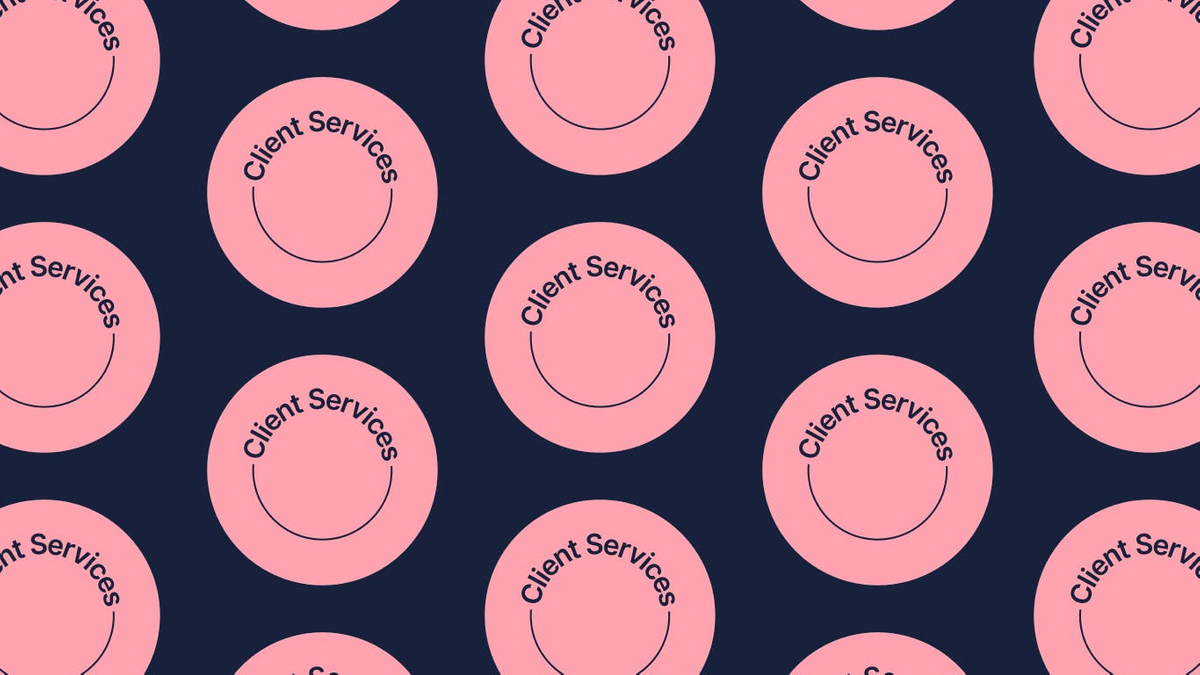So you want to apply for a brand strategist position…
Interview advice from Virgilio Jarrín
— November 2020
Job applications are scary – and most of the time quite confusing. It’s not rare to find conflicting advice on what to do or not to do, to include or not to include, to say or not to say during an application process. And, if it’s your first time facing a specific industry, the situation gets hairier. Who can you trust? What advice should you follow? As we want to help you understand the creative industry better, we’ve collated advice from professionals around the industry on how to be successful in your applications.
Brand Strategist
Even though in recent years we’ve seen several courses (degrees, qualifications, etc.) emerge on brand strategy or brand management, the career path for a brand strategist is still not clearly defined. People from many different walks of life end up working (and being successful) in brand strategy. From generalists that studied English or Geography, to specialists that had a masters in brand leadership, and everything in between - the pool of brand strategists will surprise you.
However, for a profession that lacks clear pathways, how do you start a career in brand strategy? How should you structure an application or plan for an interview so that hiring managers see you’re capable of doing the job?
Below are five strong behaviours and practices that will help you stand out as a candidate. While you read this, think about how this advice fits with you as an individual, and try to identify what you can leverage to boost your profile as a candidate.
Have a strong knowledge-base on what brand is
As a candidate for a brand strategist position, you need to be able to talk confidently about what brand is and what it means for businesses/organisations and their audiences. There’s nothing more frustrating for a hiring manager than to see an applicant who has no idea about what brand is - or that relies solely on advertising to talk about brands. If you’re new to the field you’re definitely not expected to master the topic in its entirety. However, as brand strategy is a very niche field, candidates usually invest considerable time learning about the discipline. So, if you want to stand out, the first step is to show hiring managers you talk brand too.
What you can do about it:
If you don’t have your brand ducks in a row yet, the best advice is to start reading about branding as soon as possible. ‘The Brand Gap’ by Marty Neumeier is great to get familiarised with the definition of brand and the foundations of brand building. The same author’s ‘Brand A-Z’ is also really helpful to learn terminology around branding. No matter what or who you read, make sure you’re ready to hold a conversation on branding, being able to differentiate brand purpose from brand positioning, and even having something to say about brand architecture, etc.
Be in the know of what’s happening in the industry
A lot of the work brand strategists do is around researching and getting informed about what’s happening in the world. If you want to be a brand strategist, you need to be capable of having a conversation around what is happening in the industry at any point - during your application process or any given day in your career. Strategists cannot live in the vacuum of their own thoughts. They need to get out, understand the world, analyse what’s been successful or not and use those references (amongst other elements) to build strong solutions for their clients. If you’re not able to show that you keep yourself informed, or if you find yourself giving examples of very cliche brands (e.g. Coca-Cola, Google, Apple, Dove) you will not get lots of points in front of hiring managers.
What you can do about it:
The best solution is to start building a learning mindset that will help you capture and process what’s happening around the industry. You’ll need it for the rest of your career, so the sooner you start, the better! Get into the habit of spending 15-30 minutes every day reading about what’s happening in the industry. Start with marketing and advertising, but also make sure you’re in the know of what’s happening in the world of business and innovation. Magazines, newsletters and trend reports are really useful tools to get accurate news (have a look at Marketing Week’s newsletter, Financial Times, or Mintel reports). Don’t overlook social media accounts, which you can incorporate in your daily scrolling routine (try out Business Insider, TBWA backlash or Trendwatching). Wherever you get your news from, make sure you take time to reflect on what you have read and save some interesting examples to use in your next interview. An unexpected new product from a mass market brand? The latest rebranding of a tech company? A new competitor in the B2B sector? Your interview will be much more interesting if you bring those golden nuggets with you.
Have a point of view… and be passionate about it
Brand strategists are original thinkers at their core. If they try to sell an idea that everyone is talking about (or that appears on the first two pages of a Google search), what’s the point of having them in the room? As an aspiring strategist, you need to show that you can develop original thinking, find unique insights, and present and defend your perspectives confidently. During job interviews, the most promising candidates are those that share a unique or personal point of view about brands - and feel passionate about what they’re saying. Even if they get slightly angry or annoyed about an issue - that’s great! It shows passion, it shows interest, it shows commitment to your ideas. And if you’re able to impress hiring managers with your thoughts, consider it job done.
What you can do about it:
You need to find a perspective that you can own, or that you can defend confidently. Start by asking yourself: What do I think about this? Why do I find it interesting, or irritating, or absolutely fabulous? Questioning your initial reactions or gut feeling about something is a great way to start building your own point of view. Once you get that initial idea, start building the argument, hypotheses, scenario, implications, and keep that at hand for your cover letters or interviews. Make sure you test your ideas with friends, though. Sometimes our ideas sound great in our head, but terrible when we talk them through. Make sure you’re making your point clearly and that it makes people think: ‘I want to hear more about it.’
Show that you’re a people’s person
Teams are the basic unit of the creative industry - so you will have to demonstrate that you’re able to work with, talk to, and engage with people around you. This doesn’t mean you need to be an extrovert, not at all. It means that you need to show you can work with others and that you’re able and willing to do great work with great people around you. If you’re uncomfortable working in teams - this may not be the best career (or industry) for you. But if you thrive in collaboration, make sure you show that through the way you talk, address and converse with others during your interview. This is not a popularity contest - but always be mindful that people tend to hire those they’d like to work with, or that would add something interesting to the team dynamics.
What you can do about it:
This is quite straight-forward: remember that you’re a person, and that you’re being evaluated by people. During an interview, use your best socialisation skills to make sure you address people as they would like to be addressed. Don’t be too serious or too formal. Be yourself and engage with your interviewers. Build relationships from the minute you see them for the first time. Be respectful with everyone you meet and talk to. Be a great human being, overall. We definitely encourage diversity of thought and personality in the industry and you should show your uniqueness. However, remember that no-one wants to work with someone that’s rude, uninterested or aggressive. It gives all the wrong signals.
And finally...
Be confident about why you’re a great strategist!
As the last point, make sure you show why you’re the right person to fill in a brand strategist position. This sounds slightly vague, but as there’s no clear path for a brand strategist, you need to highlight how your previous experiences, cultural context, hobbies, and other factors make you a unique and supremely interesting candidate people will like to hear more from. No matter what your previous positions have been - show hiring managers that everything you have done to date has contributed to building your brand strategy persona.
What you can do about it:
If you find it difficult to verbalise what’s special about you, find some time alone to reflect on yourself. You can start by making a list of all the things you’ve done (even if they seem irrelevant at first) to then build a profile of what makes you, you. Think of hobbies, side hustles, short courses you have done, your cultural background, the languages you speak, the topic you’re obsessed with - everything counts. Once you have that draft in front of you, identify which of those elements could contribute to building a unique or different perspective to a brand strategy process. Is it that you can empathise with a specific target audience? Is it that you have some expert knowledge in a market sector? Or maybe one of your hobbies has helped you build a really useful skill to manage people.
It’s showtime now! Build on these behaviours to build a strong and unique story about yourself. Where this story leads is up to you!
Words by Virgilio Jarrín. You can find him on Linkedin.
See our latest posts




